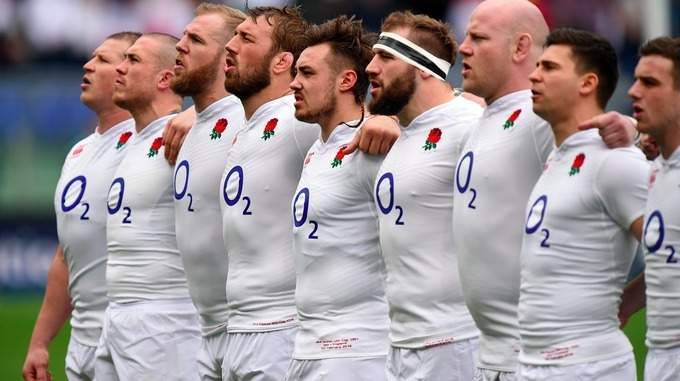
Jason Cowley on what Japan knows about hosting a major sporting event – and what Qatar needs to learn
Contrast two recent global sporting events: the world athletics championships in Qatar and the rugby World Cup in Japan. Sport is one of the supreme engines of soft power, as Japan and the upstart Gulf kingdom of Qatar know all too well. Hosting international sporting jamborees bolsters a country’s international pro file as well as its morale and self-con fidence, as Britain discovered in 2012 when the Olympics came to London and, fleetingly, we all felt much better about the state of the nation (or, in our case, the four nations of the United Kingdom). It didn’t last, of course. And here’s why: Brexit.
Qatar is a strange place, per capita the richest country in the world, with a small population of 2.7 million, mostly comprising migrant workers who are deprived of Qatari citizenship. It has terrible relations with other Gulf states, notably Saudi Arabia, the UAE and Bahrain, and it is struggling for self-de finition. It wants to be known for much more than spectacular wealth, its gas reserves (Qatari liquid natural gas provides 30 per cent of the UK’s gas import requirements), its American air base and its fractious relationship with Saudi Arabia, the only country with which it shares a land border.
The Qatari royal family understands that football is the world’s dominant sport, the emperor of all games. It’s the sport that other sports aspire to emulate, including rugby union, a brutal game which emerged out of the culture of muscular Christianity of the Victorian public schools and was once played by gentlemen.
But rugby, like cricket, is restless to be better known. It too wants to globalise – to have more people in more countries playing the game – and so the decision to take the World Cup to Japan was smart: the tournament produced vibrant matches (with some pleasing surprises, not least when the hosts beat Ireland) and was watched by large and enthusiastic crowds.
Together with South Korea, Japan co-hosted the 2002 football World Cup. Tokyo was the host city of the 1964 Olympic Games and will host the 2020 Games. With a sports-literate population of more than 125 million, Japan knows how to host these major events and can guarantee the crowds. It has the infrastructure and the know-how. It is one of the world’s most sophisticated countries and remains an economic superpower. Who wouldn’t want to visit Japan!
Qatar, by contrast, is extraordinarily rich but has no sporting tradition or culture. It is small but acts like a much bigger state – because money matters. The early days of the world athletics championships in Doha were ruined by an absence of spectators and empty seats in the Khalifa International Stadium.
One of the enduring images is of Dina Asher-Smith, the brilliant young British sprinter, celebrating her silver medal in the 100 metres final in a near-deserted 40,000-seat stadium. Other enduring images feature marathon runners and race walkers receiving emergency care after being overcome by the heat and humidity.
Sebastian Coe, head of the International Association of Athletics Federations (IAAF), defended the decision to take the championships to Doha by saying the Qataris were investing in the sport around the world and had agreed to fund the building of 10 new athletics tracks.
‘It is really important the sport moves around the world, and it cannot forge its relationships based on political structures or transitory political systems,’ he said. ‘That is why sport will continue to work and sweat as hard as it does to make social change. We are not competitors, we are collaborators, and organisations that are smart are actually partnering as they realise they can elicit that change.
Fundamentally, I believe sport is the best diplomat we have.’ The word ‘collaborators’ is interesting in this context, especially when one considers the plight of migrant workers from the Indian subcontinent whose sweated labour is building the infrastructure of the desert state. But Coe is correct about one thing: sport does have the power to effect political change. The sporting boycott of South Africa during the apartheid years hurt that sports-obsessed country deeply and increased awareness of the persecution of black South Africans.
I’ve had the good fortune to attend two World Cup finals – in Berlin for the football in 2006 and at Lord’s for the cricket in July this year. I was present for some of the track and field events at the Athens Olympics in 2004 and in London in 2012. So I understand the attraction of these global events: their lustre, their glamour.
What happens on the fields of play can so often thrill and delight. But it’s too often what happens away from the action, in airport lounges and five-star hotel rooms, among the fixers and administrators, that can so dismay and lead to the kind of cynicism that greeted the sight of all those empty seats in Doha or the news that the 2022 football World Cup would be played in Qatar.
Jason Cowley is the editor of the New Statesman
Read more






